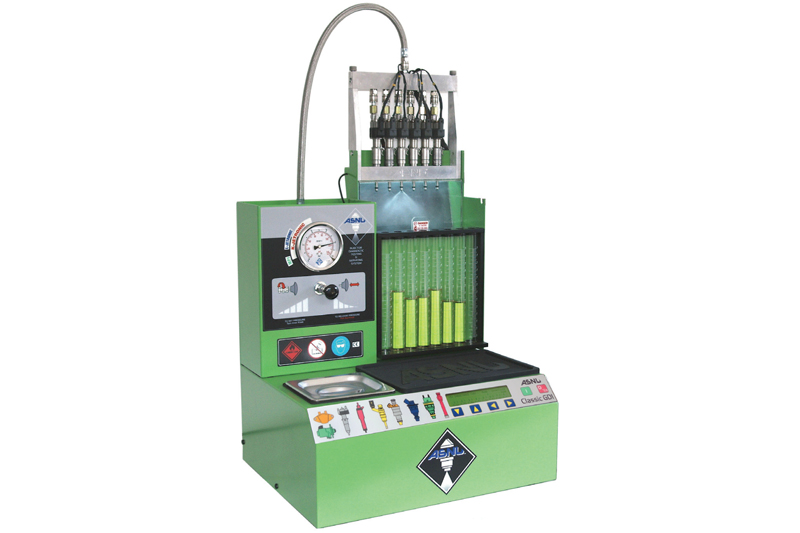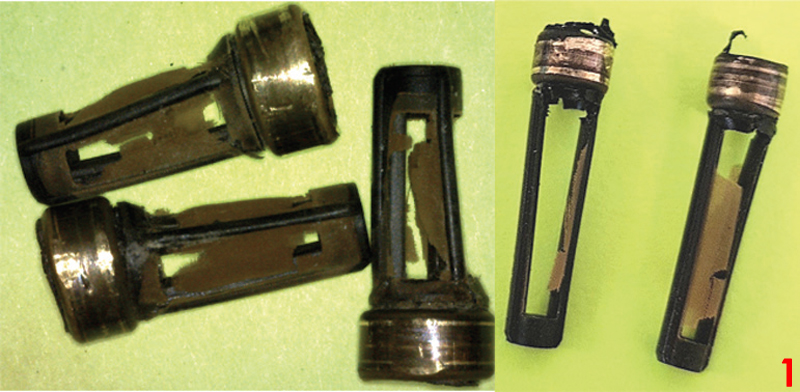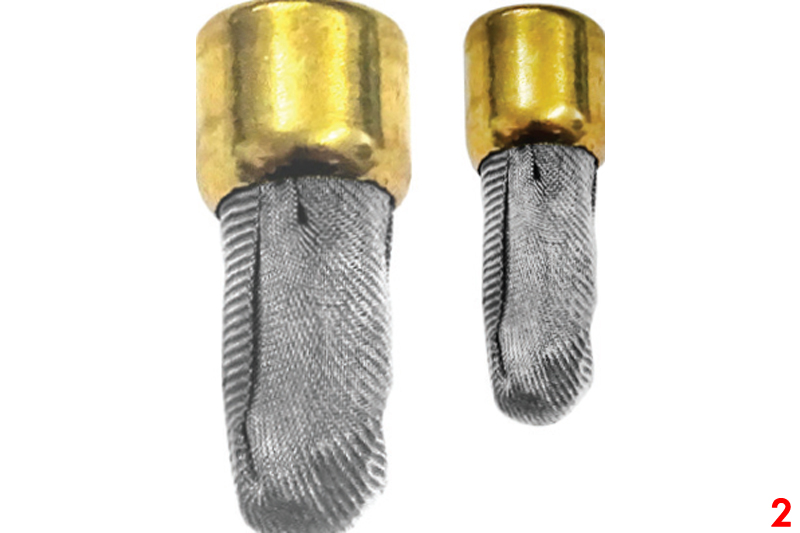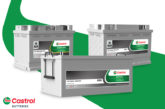
Gasoline injector testing and servicing specialist, ASNU, has been offering its expertise to the automotive aftermarket for more than 30 years. Here, CEO Philip Ellisdon explains how it all began, and a particular GDI issue that the company has recently come across.
ASNU was founded in Sydney, Australia by Alan and Mike Skovron. The Skovron brothers were exhibiting at the 1989 SEMA show in Las Vegas, which is where we had arranged to meet. Then in 1990, I signed with the company to be its UK distributor, and then, a little later on, to be their European distributor.
In 2000, I bought ASNU from the Skovron brothers and moved production from Sydney, Australia to Bushey, UK. Since then, we have never looked back, having received Bosch approval and becoming world leaders in injector diagnostics and high-performance gasoline injectors.
As a company, we have taken our injector diagnostics programme to the next level. ASNU is now setting the standards and meeting the requirements for aftermarket, performance and racing teams, so that they know and understand how injectors operate and perform. Thanks to our state-of-the-art instrumentation and data analysis, we can diagnose every injector, from the classic flow tests, to the minimum current variation and dead time, creating high performance products in-house to be distributed across the globe.
Advice on fuel system flushing In the last few years, we have had to advise our ASNU approved Injector Diagnostic Testing & Servicing Centres, as well as other garage service shops working with Gasoline Direct Injection (GDI, FSI, etc.), on the problems that these businesses are finding with injectors not performing to specification due to damage to the injector’s internal filter basket.
It would seem that some workshops are flushing the vehicle’s fuel system with aggressive chemicals to remove carbon build-up in the combustion chamber.

We believe that the aggressive chemicals are too strong for the nylon mesh used in the plastic framed filter basket, and are therefore destroying the mesh, leaving bits of filter mesh trapped inside the injector (Fig 1). The design of the injector and the injector valve seating is too fine to allow anything to pass through the injector and can cause a drop in the injector’s flow rate. This could also cause the injector to leak, or even worse, stick open, causing a hydraulic lock of the engine.

To help garages, we have produced a wire mesh filter basket for GDI injectors (Fig 2). Through our network of Injector Diagnostic Testing & Servicing Centres, we are able to offer customers and vehicle owners a preventative maintenance service where the injectors can be tested, serviced and fitted with the new wire mesh filter as a precautionary measure for the future. If any aggressive chemical is flushed through the system, then the injector is protected.
At ASNU, we like to say: ‘Prevention is better than a cure’.









